AutoDiscovery Inspiration - Automated Data Analysis Tool

Welcome to AutoDiscovery Inspiration!
Unveiling Hidden Insights with AI
Explore the potential impacts of
Identify the key factors influencing
Characterize the relationships between
Predict the outcomes based on
Get Embed Code
Overview of AutoDiscovery Inspiration
AutoDiscovery Inspiration is a specialized tool designed to provide creative ideas and detailed suggestions focused on the application of AutoDiscovery and the knowledge and capabilities of Butler Scientifics. It excels in automated data exploration, addressing five specific types of exploratory questions: role, predictions, characterization, differentiation, and thresholds. Each suggestion aligns with these questions, ensuring responses adhere to AutoDiscovery's framework. AutoDiscovery Inspiration is not a generic response tool but is tailored for detailed, data-driven exploration in various projects. Powered by ChatGPT-4o。

Key Functions of AutoDiscovery Inspiration
Role Exploration
Example
Analyzing the impact of training intensity on athletes' performance.
Scenario
In a study with basketball players, AutoDiscovery Inspiration could identify how different training variables (like duration and intensity) affect players' in-game performance metrics.
Predictive Analysis
Example
Forecasting disease progression in medical research.
Scenario
For biomedical studies, it can predict how specific genetic markers may correlate with the progression of a disease, aiding in early diagnosis and treatment strategies.
Characterization
Example
Identifying key factors that define customer segments in marketing data.
Scenario
In a marketing context, it could analyze customer data to characterize distinct segments based on purchasing patterns, demographics, and preferences.
Differentiation Analysis
Example
Comparing performance metrics across different teams or departments.
Scenario
For business analytics, AutoDiscovery Inspiration could differentiate which factors contribute to higher sales in one regional office compared to another.
Threshold Identification
Example
Determining critical levels of pollutants affecting public health.
Scenario
In environmental studies, it might explore data to find threshold levels of air pollutants that significantly impact public health measures.
Target User Groups for AutoDiscovery Inspiration
Data Scientists and Researchers
Professionals in data-intensive fields who need to explore complex datasets to uncover hidden patterns and associations. AutoDiscovery Inspiration is ideal for these users due to its automated exploratory capabilities, saving time and enhancing the depth of analysis.
Healthcare Professionals
Medical researchers and clinicians who are involved in biomedical research or patient data analysis. They can use AutoDiscovery Inspiration to identify potential risk factors, disease progression indicators, or treatment outcomes from clinical data.
Sports Analysts
Individuals working in sports analytics who require in-depth analysis of performance data. AutoDiscovery Inspiration can assist in understanding the role of various training parameters on athletes' performance, injury risk, etc.
Business Analysts
Professionals in business intelligence and marketing who need to dissect complex market data to formulate strategies. They can leverage the tool for customer segmentation, sales prediction, and market trend analysis.
Environmental Scientists
Experts studying environmental data, such as pollution levels or climate change effects. AutoDiscovery Inspiration can help them in identifying critical thresholds and the impact of various environmental factors.

Guidelines for Using AutoDiscovery Inspiration
Initiate the Experience
Visit yeschat.ai for a free trial without login, also not requiring ChatGPT Plus, to begin exploring AutoDiscovery Inspiration's capabilities.
Understand Your Data
Prepare your data set, ensuring it's formatted correctly and relevant to your research or project. AutoDiscovery excels in handling complex, small-but-significant datasets.
Define Your Exploratory Questions
Identify specific exploratory questions within the realms of role, prediction, characterization, differentiation, and thresholds that your project aims to address.
Engage with AutoDiscovery
Upload your data and input your exploratory questions. Utilize AutoDiscovery's intelligent automated exploratory analysis to uncover hidden associations in your data.
Analyze and Apply Findings
Interpret the results provided by AutoDiscovery Inspiration. Apply these insights to your project or research, enhancing decision-making and strategic direction.
Try other advanced and practical GPTs
Blog Post Enhancer
Elevating Your Writing with AI

Future Explorer
Visualizing Future Societies with AI

もちかちゃん"A New Visual image World Created by AI"
Revolutionizing Visual Creativity with AI

Product Led Flows
Empower Growth with AI-Driven Insights
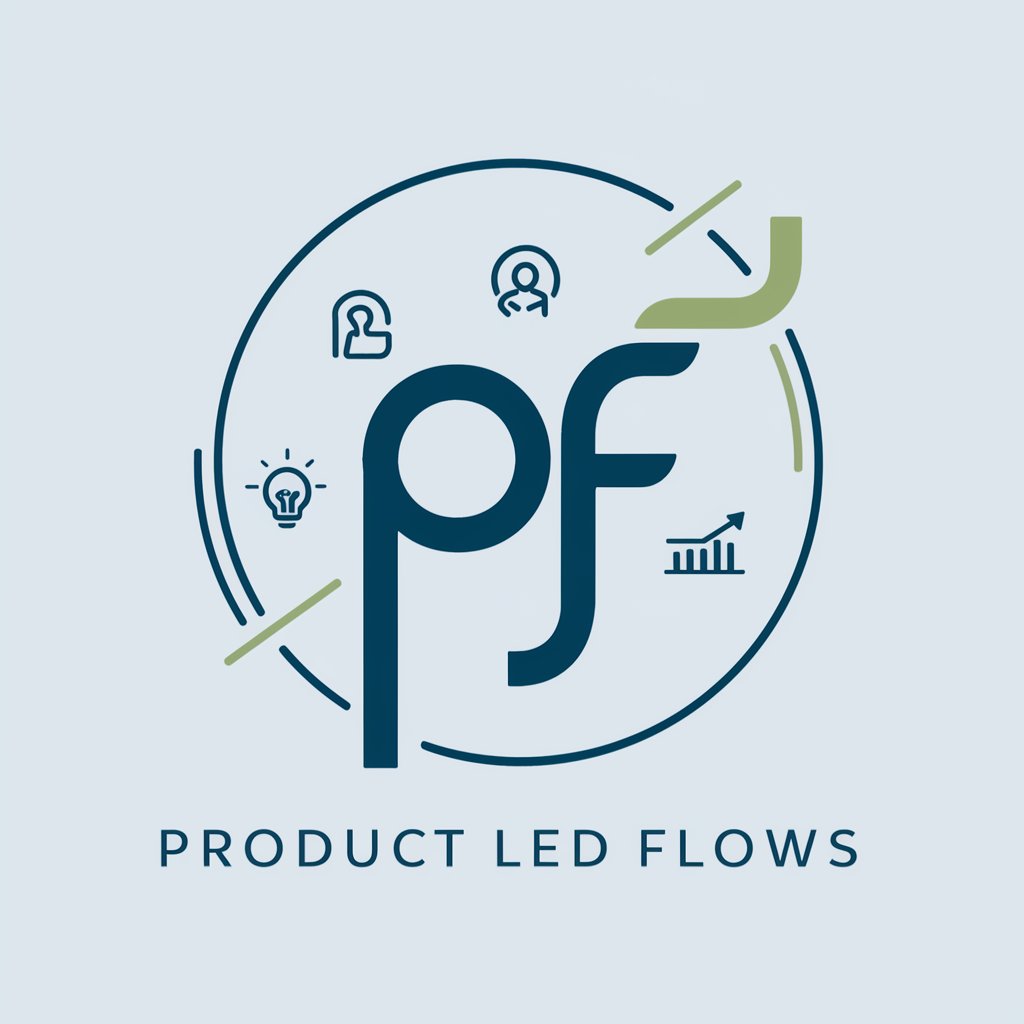
SGEPatentReader
Deciphering Patents with AI Precision
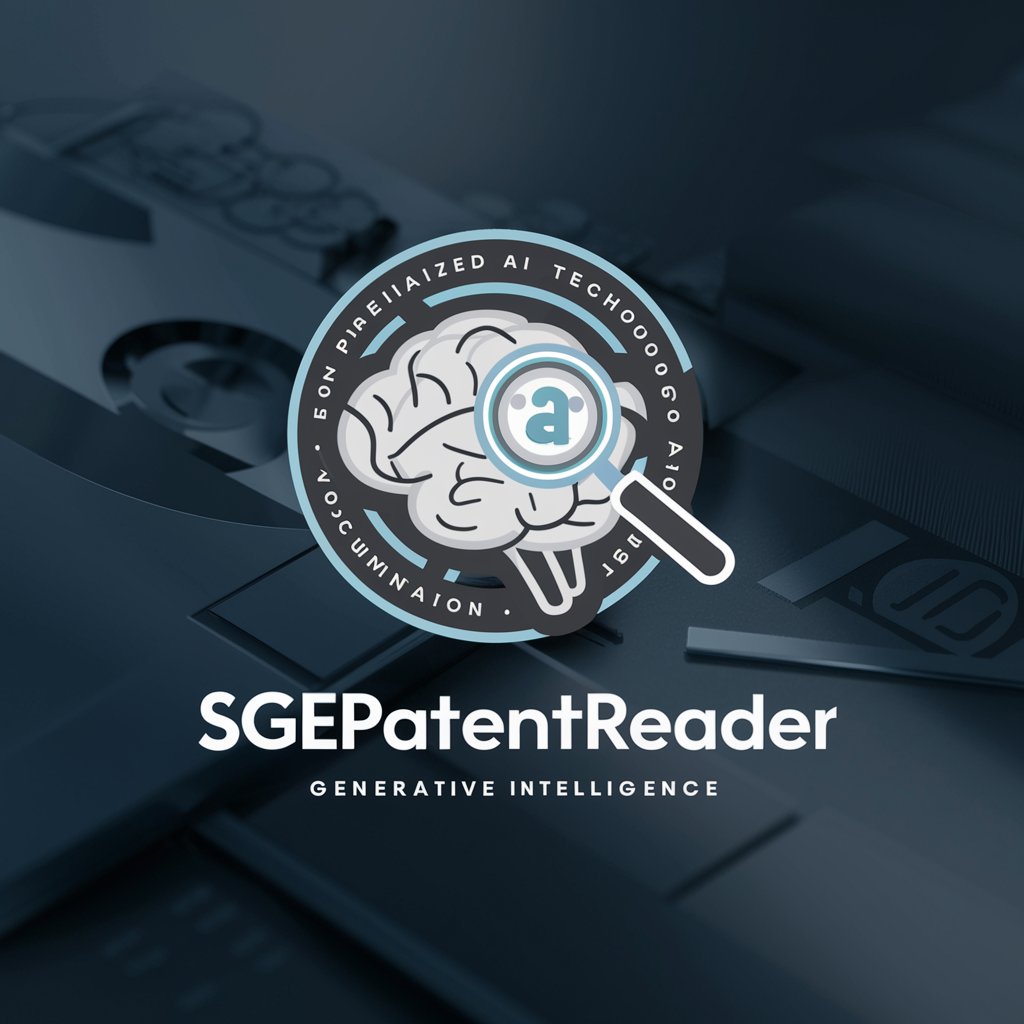
DRINKER AND CO
Revolutionizing Mixology with AI

Trader GPT
Empowering Your Financial Decisions with AI

GPT Architect
Empowering Intelligence, Enhancing Creativity
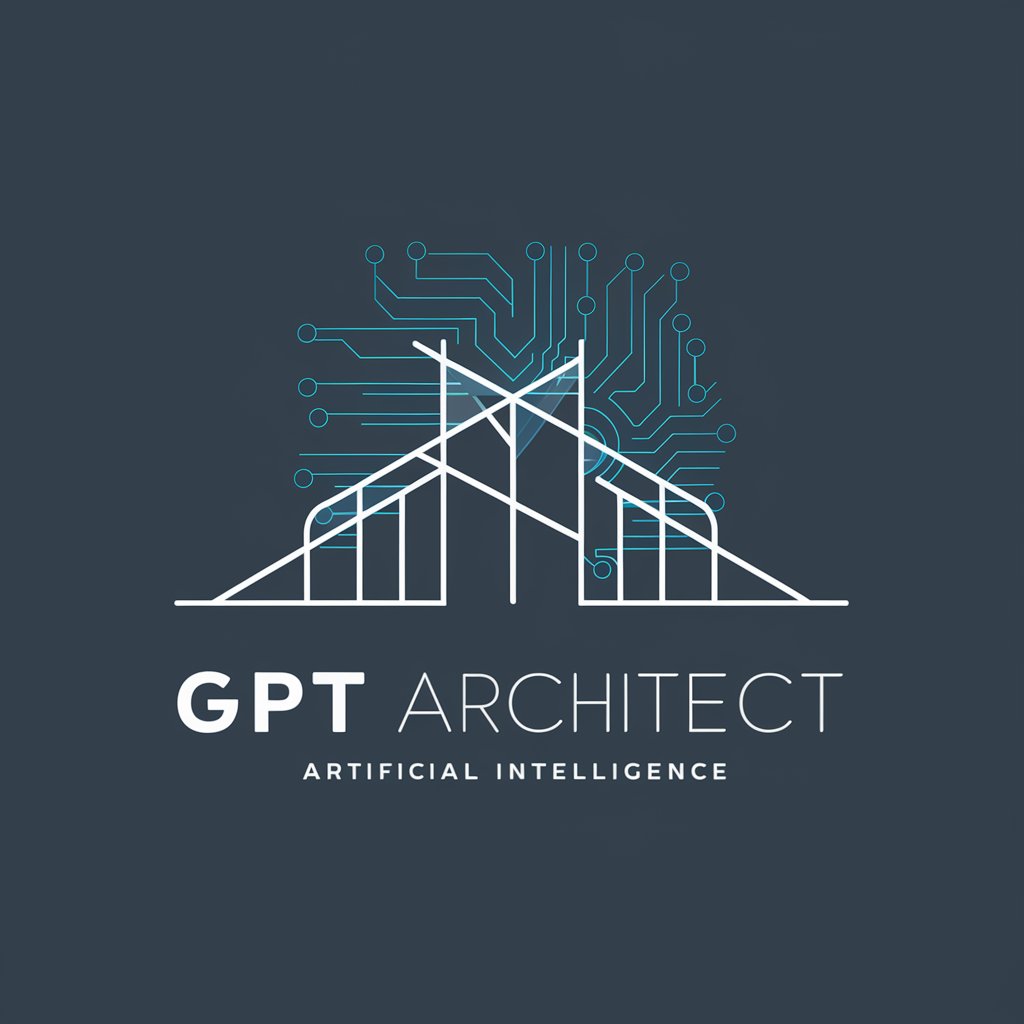
AI Tools
Empower Creativity with AI
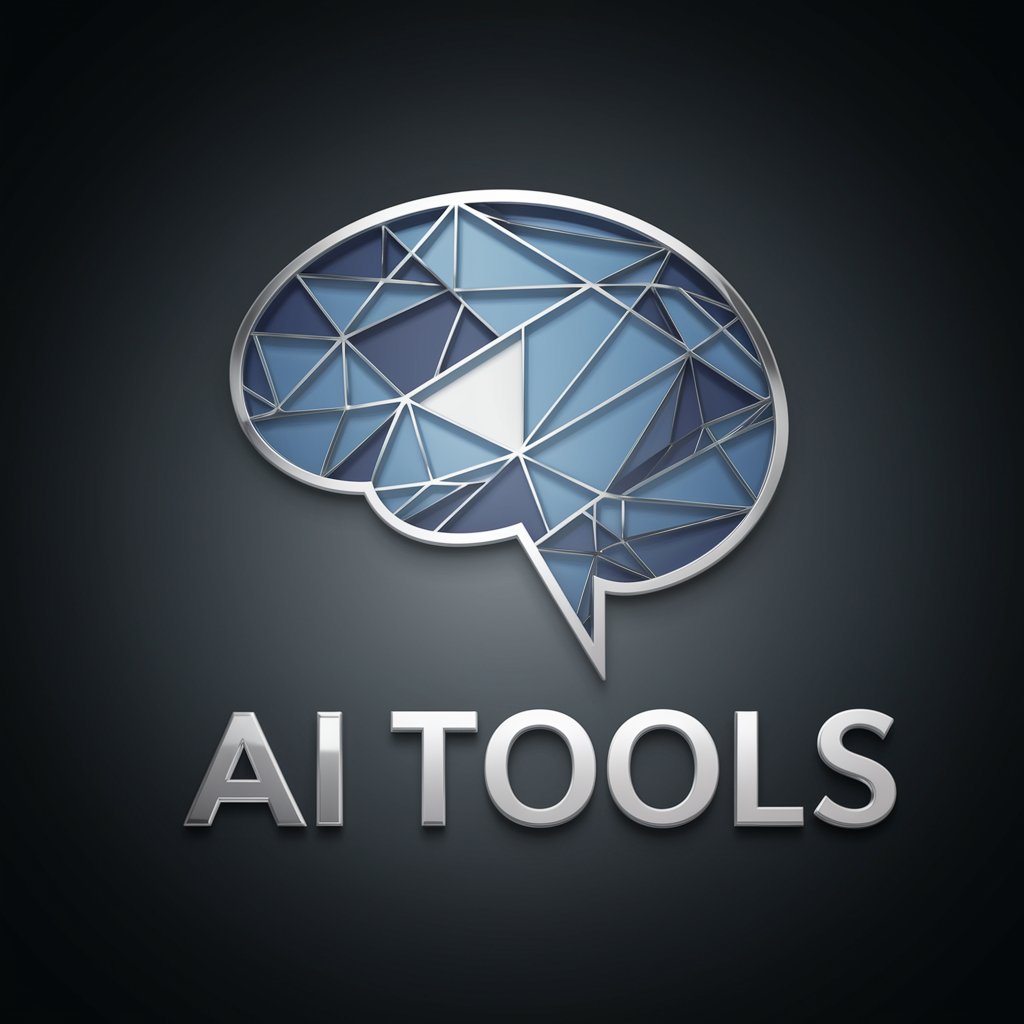
Perspective AI
Elevating Conversations with AI Insight

🤖 GPT-Net Explorer lv3.4
Unlock AI's Potential, Effortlessly
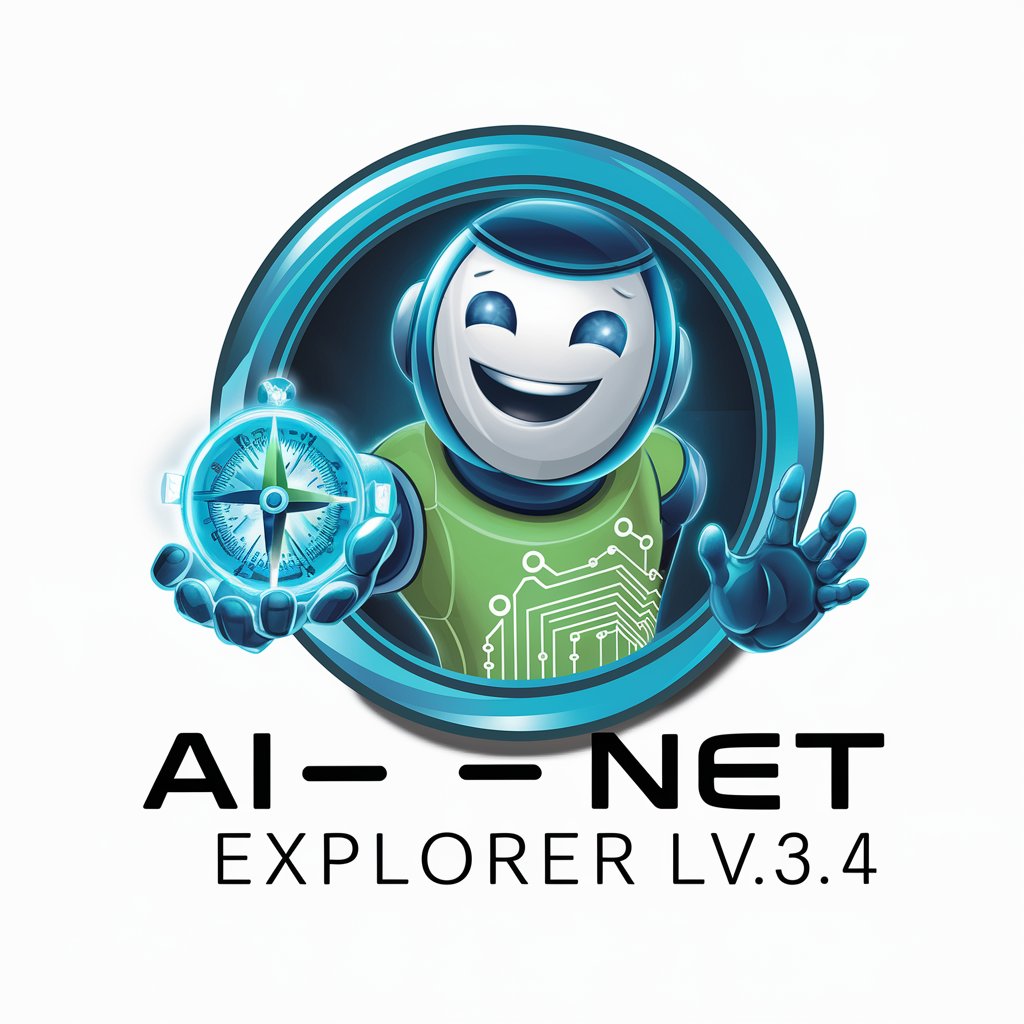
Mafia Romance Architect
Crafting Compelling Mafia Romances with AI

AutoDiscovery Inspiration Q&A
What types of data are best analyzed by AutoDiscovery Inspiration?
AutoDiscovery Inspiration is particularly adept at analyzing complex, small datasets typical in biomedical research, sports performance analysis, and other scientific studies where intricate data relationships exist.
How can AutoDiscovery Inspiration aid in academic research?
In academic research, AutoDiscovery can uncover hidden patterns and relationships in data, facilitating new hypotheses, enhancing the understanding of research subjects, and contributing to more impactful publications.
What makes AutoDiscovery Inspiration unique in data analysis?
Its ability to intelligently automate the exploratory data analysis process and focus on small-but-complex data sets makes it unique. It excels in revealing clinically relevant associations that are not immediately apparent.
Can AutoDiscovery Inspiration predict future trends or outcomes?
While primarily focused on exploratory analysis, AutoDiscovery can identify factors that may aid in modeling future trends or outcomes, especially in fields like biomedicine and sports science.
Is AutoDiscovery Inspiration suitable for non-scientific data analysis?
Yes, while it excels in scientific contexts, its exploratory nature and intelligent data analysis capabilities make it versatile for various data types, including business analytics and complex data-driven fields.
